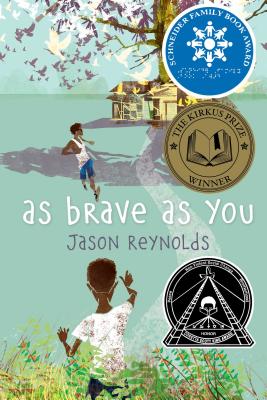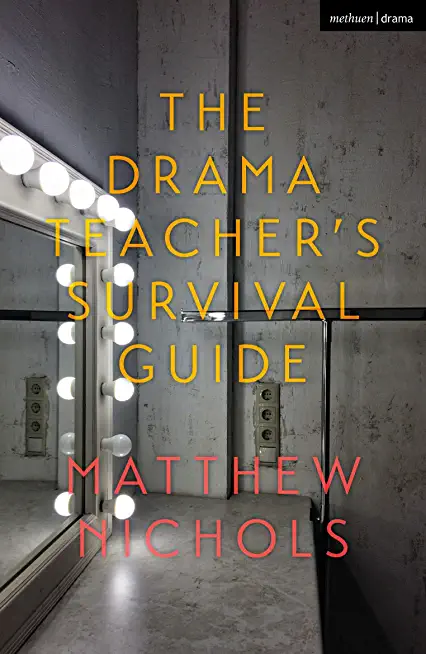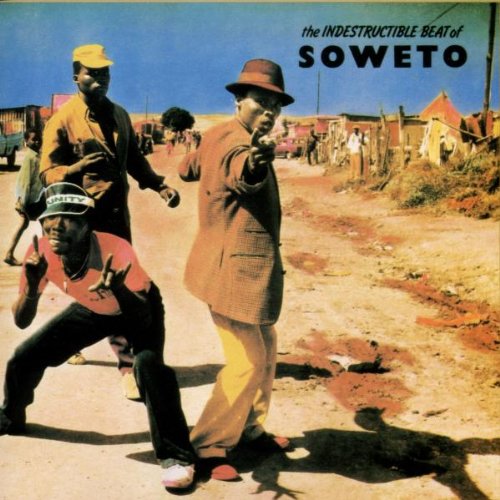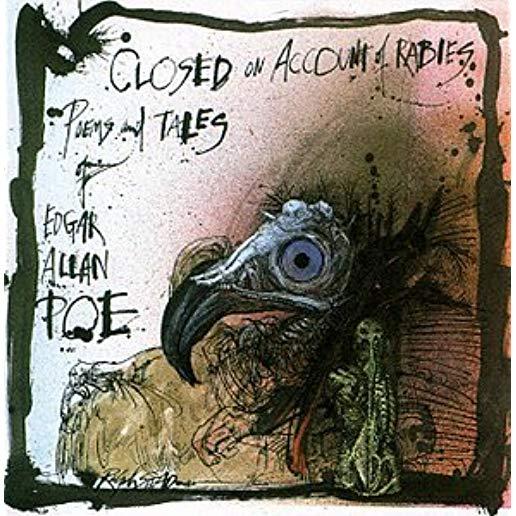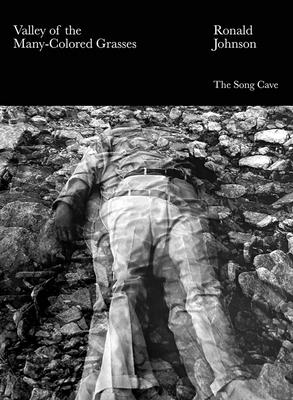
Ronald Johnson's underground classic of visionary and queer poetics, Valley of the Many-Colored Grasses, has been legendarily hard to find for over 50 years. In this book of poems, Johnson creates a specifically North American vision that references everything from ancient Native American myths to Johnny Appleseed, from Charles Darwin to The Wizard of Oz, microcosmically transforming the vast open expanse of the plains into delicate flower petals. These are poems of observation, transformation and a uniquely subtle sensibility harmonically tuned to the stars. Masterfully crafted examples of poetic music and textures, Johnson weaves text together to show the world from multiple angles of vision--not only his own-- and to explore what others have seen and experienced of the world. One of the most unheralded poets in literature, Ronald Johnson needs to be securely placed in history with the likes of his fellow dreamers: Stan Brakhage, Marguerite Young, Charles Ives, Marsden Hartley and the Transcendentalists.
Ronald Johnson (1935-98) was drafted into the US Army in 1954, and attended Columbia University through the G.I. Bill. Romantically involved with the poet and publisher Jonathan Williams throughout the 1960s, the two walked the Appalachian trail and wandered throughout England before Johnson set off alone to find his own version of Oz in San Francisco. There, Johnson managed a famous gay leather bar, wrote a number of cookbooks, and became a founder of the Rainbow Motorcycle Club, a gay social club described by Johnson as a "band of lusty roistering men, often partying till dawn." His other books of poems include A Line of Poetry, A Row of Trees (1964), The Book of the Green Man (1967), Songs of the Earth (1970), Eyes & Objects (1976), Radios (1977), The Shrubberies (2001) and ARK (1996, 2013).
